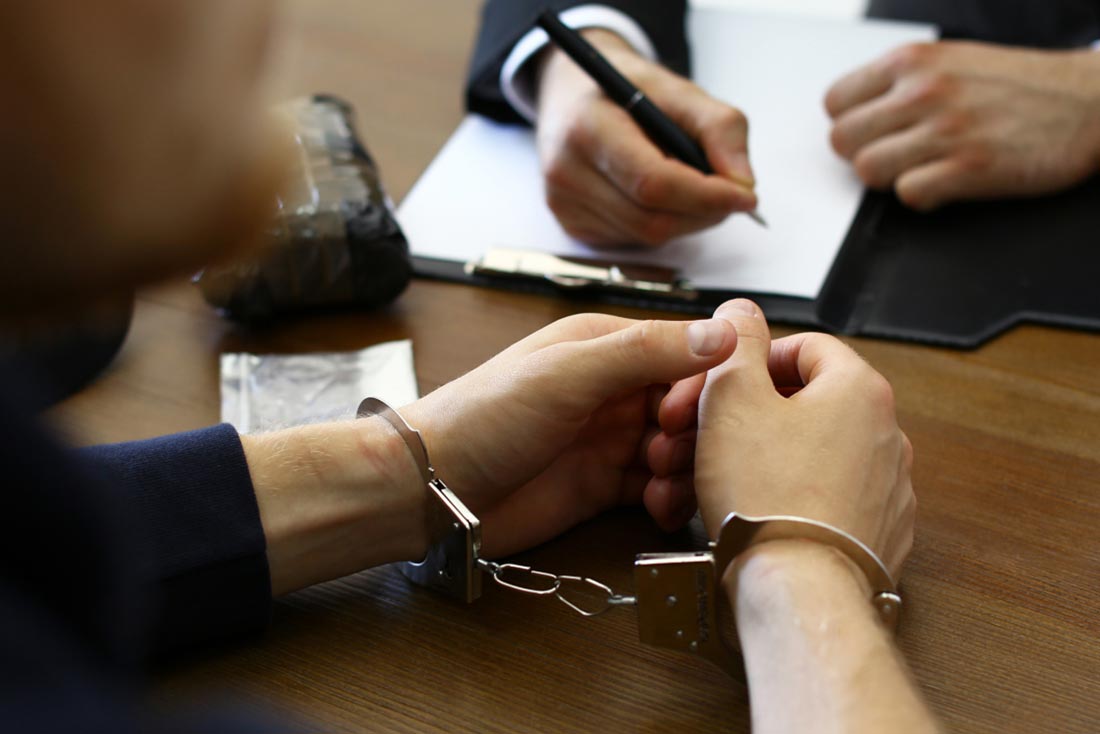Ohio law allows the judge to consider the wishes of both parents and the children involved in custody decisions, if the child is old enough to communicate those wishes. Courts will look at how a child interacts with their parents and any siblings. Courts are generally not inclined to break up siblings or otherwise break relationships with family members.
Courts examine the actions of the parents. Courts look for parents who have shown respect for prior custody orders and for the other parent’s relationship with the child. A parent who has consistently fulfilled child support obligations will be viewed more favorably than a parent who has failed to pay child support.
The court will also account for any sexual abuse, domestic abuse, and whether any abuse was committed by extended family members and will account for these issues when making custody decisions.
Below are all of the statutorily defined factors courts will look at during a custody case.
- The wishes of the child’s parents regarding the child’s care
- If the court has interviewed the child in chambers pursuant to division (B) of this section regarding the child’s wishes and concerns as to the allocation of parental rights and responsibilities concerning the child, the wishes and concerns of the child, as expressed to the court
- The child’s interaction and interrelationship with the child’s parents, siblings, and any other person who may significantly affect the child’s best interest
- The child’s adjustment to the child’s home, school, and community
- The mental and physical health of all persons involved in the situation
- The parent more likely to honor and facilitate court-approved parenting time rights or visitation and companionship rights
- Whether either parent has failed to make all child support payments, including all arrearages, that are required of that parent pursuant to a child support order under which that parent is an obligor
- Whether either parent or any member of the household of either parent previously has been convicted of or pleaded guilty to any criminal offense involving any act that resulted in a child being an abused child or a neglected child; whether either parent, in a case in which a child has been adjudicated an abused child or a neglected child, previously has been determined to be the perpetrator of the abusive or neglectful act that is the basis of an adjudication; whether either parent or any member of the household of either parent previously has been convicted of or pleaded guilty to a violation of section 2919.25 of the Revised Code or a sexually oriented offense involving a victim who at the time of the commission of the offense was a member of the family or household that is the subject of the current proceeding; whether either parent or any member of the household of either parent previously has been convicted of or pleaded guilty to any offense involving a victim who at the time of the commission of the offense was a member of the family or household that is the subject of the current proceeding and caused physical harm to the victim in the commission of the offense; and whether there is reason to believe that either parent has acted in a manner resulting in a child being an abused child or a neglected child
- Whether the residential parent or one of the parents subject to a shared parenting decree has continuously and willfully denied the other parent’s right to parenting time in accordance with an order of the court
- Whether either parent has established a residence, or is planning to establish a residence, outside this state.
While not all of these factors may be relevant to your case, it is important to understand which ones will impact you the most and how to prove them before the judge.
Shared Parenting and the best interest of the child
In order four courts to grant joint custody, known as shared parenting in Ohio, several additional factors will be evaluated. The factors are listed in their entirety below from the governing Ohio Statute.
- The ability of the parents to cooperate and make decisions jointly, with respect to the children
- The ability of each parent to encourage the sharing of love, affection, and contact between the child and the other parent
- Any history of, or potential for, child abuse, spouse abuse, other domestic violence, or parental kidnapping by either parent
- The geographic proximity of the parents to each other, as the proximity relates to the practical considerations of shared parenting
- The recommendation of the guardian ad litem of the child, if the child has a guardian ad litem.
If the court does not find shared parenting appropriate, one parent will be given custody and the other will be granted visitation rights. This does not mean that the visiting parent will not see their children, but it does mean they have less decision making power.
Can I stop the other parent from seeing our child?
If there is a custody order currently in place, denying the other parent their visitation would mean you are in contempt of court. This can have serious consequences for you. It is in your best interest to follow the court’s orders as much as possible. Court orders are not suggestions. In some situations you may feel that your child is in danger due to abuse or other conduct from the other parent that endangers the child’s health of safety, your lawful remedy is to file a emergency custody motion. The standard for such motions is that of “irreparable harm,” and this is a high standard that must be proven before a judge.





